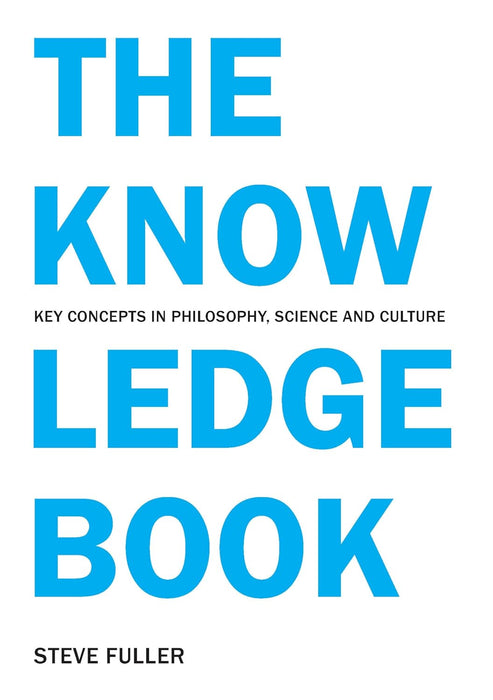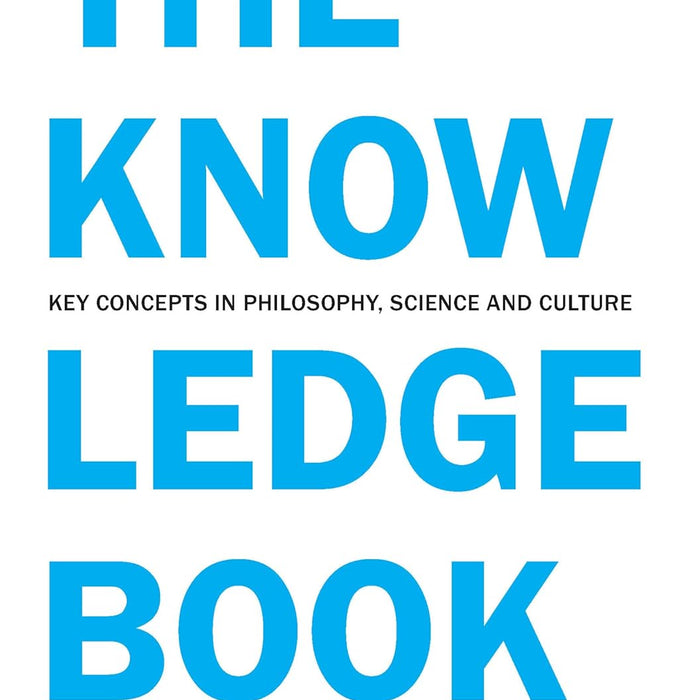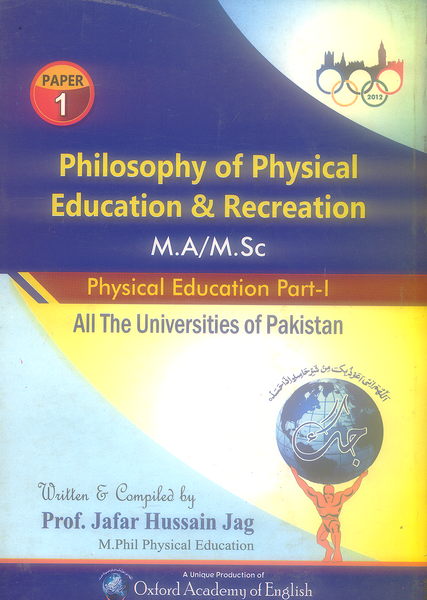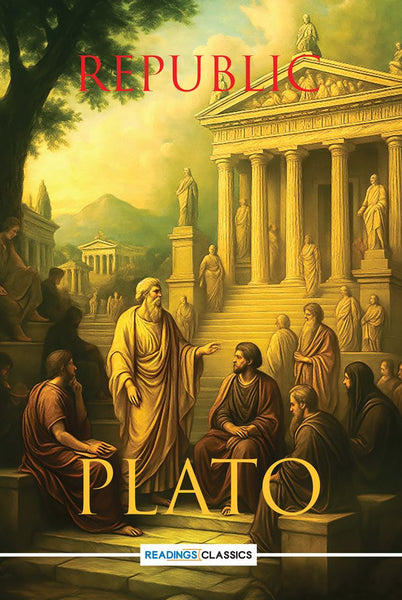The Knowledge Book 1st Edition by Steve Fuller (Author)
- Publisher: EDUCATION
- Availability: In Stock
- SKU: 57108
- Number of Pages: 232
Rs.540.00
Rs.895.00
Tags: academic philosophy , best books , Best Price , best prices , best shop , bookshop , bookshop online , bookshopPakistan , buy online books , cultural impact of science , cultural knowledge , cultural philosophy , cultural studies , cultural theories , education and knowledge , ethics in science , good books , good booksonline , history of philosophy , knowledge , knowledge and innovation , knowledge and power , knowledge and society , knowledge and technology , knowledge dissemination , knowledge economy , knowledge evolution , knowledge frameworks , knowledge in modern culture , knowledge in society , knowledge production , knowledge sharing , knowledge systems , knowledge theories , online books store , Online Bookshop , Online Bookshop Pakistan , online shopping , Online Shopping Pakistan , OnlineShoppingPakistan , PakistanBookshop , PakistanOnlineShopping , philosophy and culture , philosophy of knowledge , philosophy of science , price cut , price-friendly Comprehensive , ReasonablePrice , reduced price , science and culture , science communication , scientific knowledge , scientific literacy , scientific methods , Shopping , ShopSmartPakistan , social philosophy , sociology of knowledge , Steve Fuller , Steve Fuller philosophy , The Know ledge Book , The Knowledge Book
The Knowledge Book: Key Concepts in Philosophy, Science, and Culture 1st Edition by Steve Fuller is an enlightening exploration of the critical concepts that underpin human knowledge across various fields, including philosophy, science, and culture. The book aims to make complex ideas accessible to a broad audience, providing an overview of key intellectual developments and the thinkers who have shaped our understanding of knowledge. Fuller covers a range of topics, such as epistemology, the nature of scientific inquiry, the social dimensions of knowledge, and the role of technology in modern life. Drawing from historical and contemporary perspectives, this work helps readers understand how knowledge is constructed, transmitted, and evaluated within different cultural and intellectual frameworks. With a focus on both classical and cutting-edge theories, this book is an essential resource for anyone seeking to understand the evolution and application of knowledge in various contexts.
Keypoints:
-
Epistemology and the Nature of Knowledge: Fuller explores the study of knowledge itself (epistemology), focusing on how we acquire, justify, and validate our understanding of the world through various cognitive and social processes.
-
Philosophical Foundations: The book delves into key philosophical concepts that have shaped the understanding of knowledge, including the contributions of major philosophers such as Plato, Descartes, and Kant.
-
Scientific Inquiry and Method: Fuller examines how scientific knowledge is produced, emphasizing the role of the scientific method, experimentation, and evidence in the advancement of human understanding.
-
Cultural Perspectives on Knowledge: The text highlights how knowledge is influenced by cultural contexts and how different societies shape and value knowledge in distinct ways, including the impact of religion, politics, and social structures.
-
Technology and Knowledge: The book explores the interaction between technology and knowledge, discussing how technological advancements have transformed the way we generate, store, and communicate information.
-
Social Dimensions of Knowledge: Fuller examines the social aspect of knowledge, focusing on how knowledge is shared, contested, and institutionalized within academic, professional, and societal contexts.
-
Key Intellectual Movements: The text covers various intellectual movements, such as the Enlightenment, postmodernism, and critical theory, and their impact on our understanding of knowledge and truth.
-
The Role of Language in Knowledge: Fuller discusses the relationship between language and knowledge, examining how linguistic structures influence our perception and communication of ideas.
-
Contemporary Debates: The book addresses current debates in the philosophy of science and knowledge, including questions about the objectivity of scientific knowledge, the role of social biases, and the impact of globalization on knowledge production.
-
Interdisciplinary Connections: Fuller emphasizes the interdisciplinary nature of knowledge, showing how philosophy, science, and culture are interconnected and influence one another in shaping our collective understanding.
Conclusion:
The Knowledge Book: Key Concepts in Philosophy, Science, and Culture offers an accessible yet thorough introduction to the essential ideas that shape how we understand the world and ourselves. Steve Fuller's ability to combine philosophical depth with practical relevance makes this book an invaluable resource for students, scholars, and anyone interested in exploring the complexities of knowledge across disciplines. Its clear and engaging presentation ensures that readers from all backgrounds can appreciate the profound implications of how knowledge is constructed and applied in society. Whether you're seeking to understand the philosophical underpinnings of knowledge or the ways in which culture and science interact, this book provides a rich foundation for further exploration.
════ ⋆★⋆ ═══
Writer ✤ Steve Fuller (Author)

























